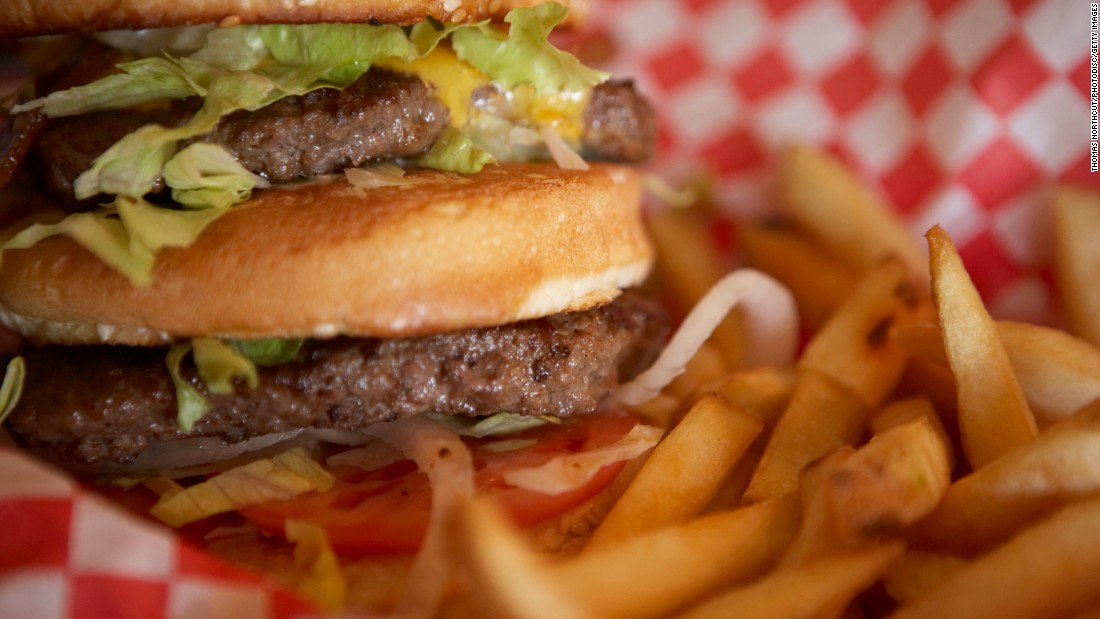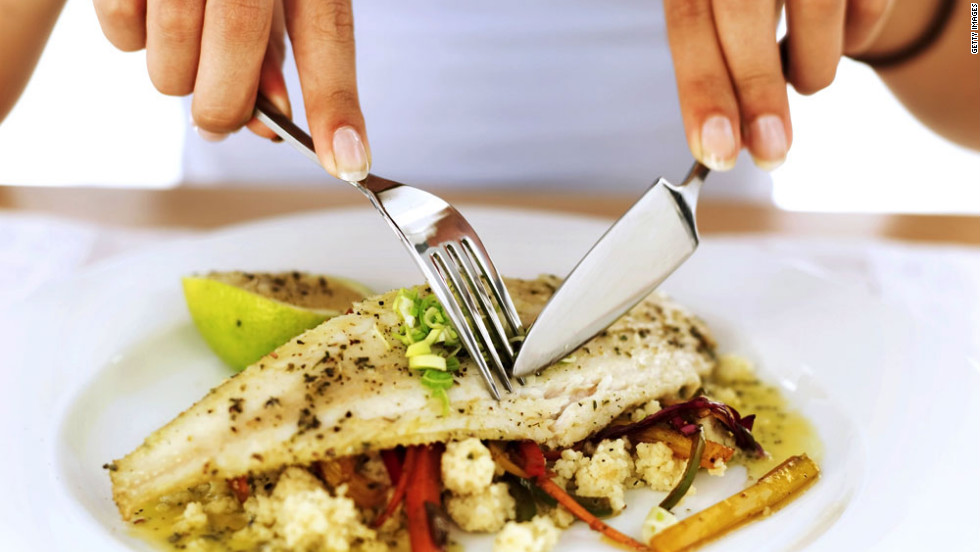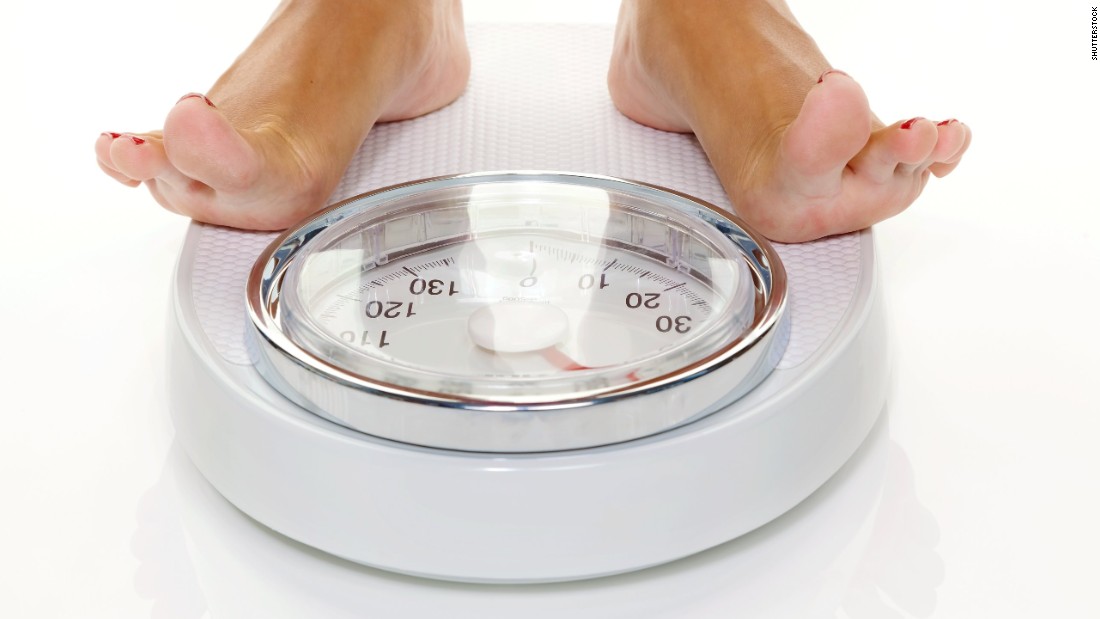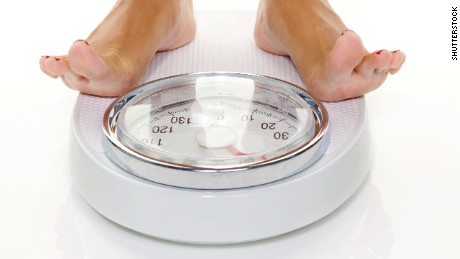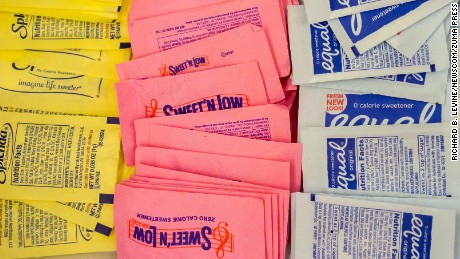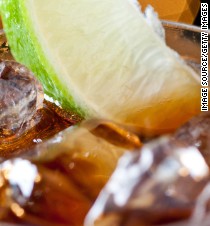
(CNN)Diet soda drinkers have the same health issues as those who drink regular soda, according to a report published Wednesday.
Purdue University researchers reviewed a dozen studies published in the past five years that examined the relationship between consuming diet soda and health outcomes for the report, published as an opinion piece in the journal Trends in Endocrinology & Metabolism. They say they were “shocked” by the results.
“Honestly, I thought that diet soda would be marginally better compared to regular soda in terms of health,” said Susan Swithers, the author of this opinion piece and a behavioral neuroscientist and professor of psychological sciences. “But in reality, it has a counterintuitive effect.”
“Low-calorie sweeteners are some of the most studied and reviewed ingredients in the food supply today,” the association said in a statement. “They are safe and an effective tool in weight loss and weight management, according to decades of scientific research and regulatory agencies around the globe.”
Diet soda’s negative effects are not just linked to weight gain, however, the report says.
It found that diet soda drinkers who maintained a healthy weight range still had a significantly increased risk of the top three killers in the United States: diabetes, heart disease and stroke.
“We’ve gotten to a place where it is normal to drink diet soda because people have the false impression that it is healthier than indulging in a regular soda,” Swithers said. “But research is now very clear that we need to also be mindful of how much fake sugar they are consuming.”
There are five FDA-approved artificial sweeteners: acesulfame potassium (Sunett, Sweet One), aspartame (Equal, NutraSweet), neotame, saccharin (SugarTwin, Sweet’N Low) and sucralose (Splenda).
All of them are chemicals. “Saccharin was one of the first commercially available artificially sweeteners, and it’s actually a derivative of tar,” Swithers said.
Natural sweeteners like Stevia — which has no calories and is 250 times sweeter than regular sugar — are not a chemical but are still a processed extract of a natural plant and increase your health risks similar to artificial sweeteners.
See the latest news and share your comments with CNN Health on Facebook and Twitter.
“Just because something is natural does not always mean that it is safer,” Jampolis said.
There more studies and research that need to be done, but in the meantime, experts say, limit consumption.
“No one is saying cut it out completely,” Swithers said. “But diet soda should be a treat or indulgence just like your favorite candy, not an everyday thing.”
Read more: http://edition.cnn.com/
The post Diet soda may do more harm than good appeared first on BestPaleoCookBookReviews.co.uk - Delicious Paleo Recipes.
source
http://www.bestpaleocookbookreviews.co.uk/diet-soda-may-do-more-harm-than-good/
